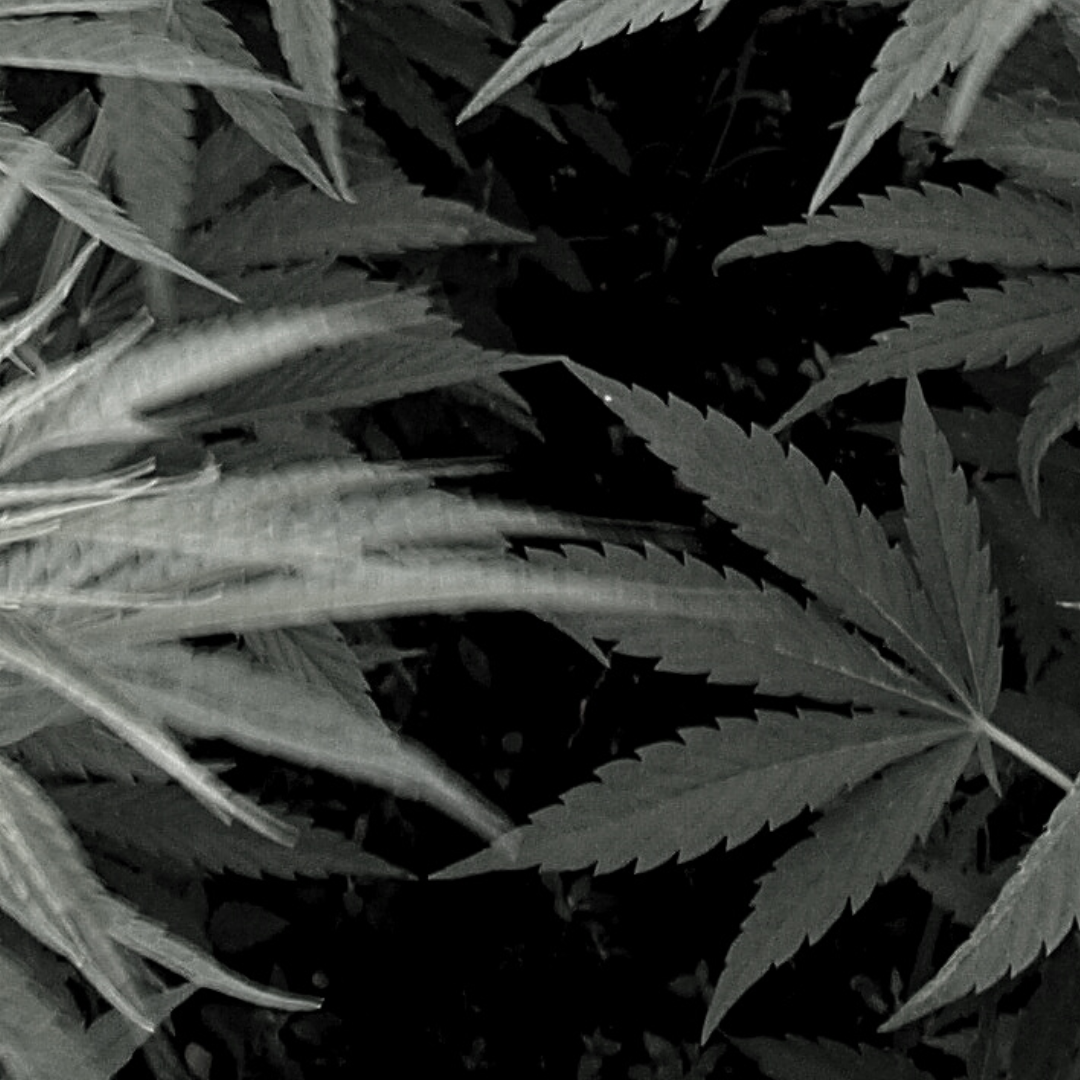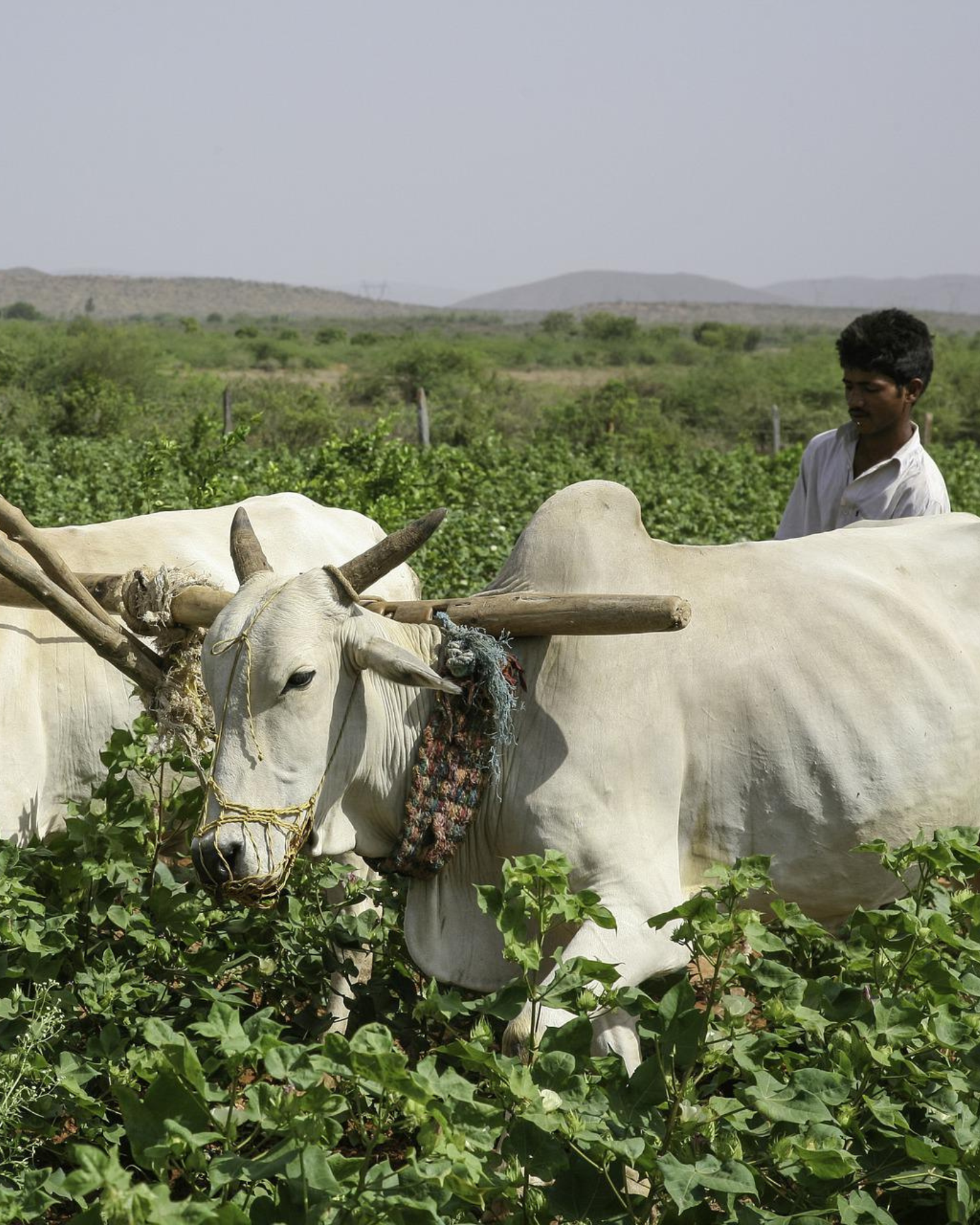Each year the month of September is set aside to raise awareness and encourage people to find out more about certified organic products and how important it is for our health, our planet and the future.
The month also celebrates all the incredible work that goes into organic farming - not an easy task in anyone’s book. This farming method works with natural systems to protect biodiversity, promote ecological balance and prevent overexploitation of natural resources. It also prevents the usage and consumption of harmful chemicals such as pesticides and fertilisers that leach into the soil and run into our waterways, making it safer and healthier overall.
Standards for what qualifies as organic vary across the world with the GOTs (Global Organic Textile Standards) and Fair Trade Cotton Certifications the go to for Cloth & Co. and our Organic Cotton Collections as they are the most respected in the textile industry.
For the most part, organic is a label attributed to methods of farming that uses sustainable practices like crop rotation and companion planting, organic fertilisers like manure and preserves the overall fertility of the soil. Organic farming practices aim to reduce overconsumption of resources and soil erosion making farming sustainable and reduce wastage. Organic farming is preferred over other farming methods as conventional farming uses GMO seed, chemical fertilisers and pesticides, which cause massive ecological damage and are harmful to the health of the farmers and all of us who consume the produce and wear the clothing.

These fertilisers and pesticides poison the groundwater and kill the microorganisms and natural wildlife habitats around farms. Overuse of the soil leads to large swathes of land becoming barren and unusable. Insects, including pollinating bees and birds are also affected by the overuse of pesticides and fertilisers.
Naturally organic is more expensive than non-organic produce because of the high labour and production costs and lower yields due to dependency on rainfall. However, as more people become aware of and concerned about the effect of human activities on the environment and their health, the demand for organic produce is growing fast and helping prevent a much greater cost to our planet, Earth.
Find out more about our Organic Cotton and our new RAW collection, a beautiful expression of natural cotton without any bleaches or dyes, just as mother nature intended.






